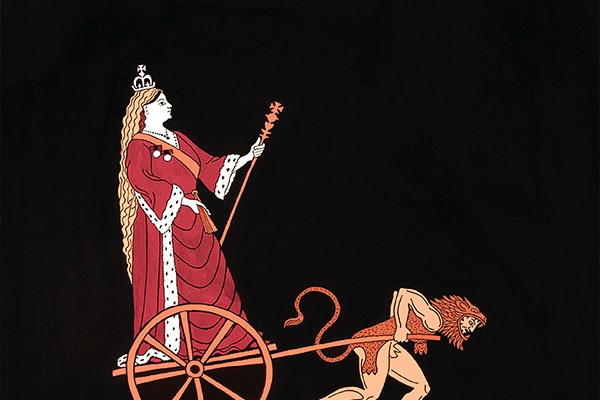Giovanni Tiso, guest editor
This special Aotearoa issue of Overland is not about who we are. It is not about the experience of living on the other side of the ditch or being of this place. It is rather the continuation of the intellectual project that Overland has undertaken – to engage with contemporary questions and ideas, to look outward rather than inward – by a different set of writers, driven by the belief that this difference, this shift in perspective, can be a value in itself.
Rather than settling on a theme, we tried above all to make the issue eclectic and surprising. In the essays, it travels from the kava circles of Tonga to the streets of Ferguson and Gaza; from the Waikato at war to provincial New Zealand in the 1970s; from the offices of the Daily Telegraph in London to the locations in which one might meet a whistleblower.
Our contributors are a mix of emerging and established writers, all of whom are dissatisfied and searching. It is this dissatisfaction with the way things are – a yearning for other possibilities – that runs through the issue, and not in the form of a complaint but of a challenge. Morgan Godfery is masterful in his dissection of the political uses of history, while the stories told by Anton Blank and John Clarke are both personal and social. Nicky Hager applies his practical wisdom to the craft of investigative journalism, while Catriona MacLennan’s proposal for rape law reform connects with one of the key debates of our time.
On a personal note, I am delighted to have helped bring these writings together. My thanks go to fellow editors Jolisa Gracewood and Robert Sullivan, to the wonderful Marian Maguire for the illustrations, as well to everyone who sent us their submissions. But above all to Jacinda Woodhead, for the opportunity and the much-needed guidance.
Jacinda Woodhead, editor
Australia shares a lot of similarities with New Zealand, including a language, migration patterns and, unfortunately, a history of white invasion. But the two countries also have strong traditions of resistance, both by their respective First Peoples and by left-wing movements opposed to colonialism and capitalism.
This edition revisits the idea of a mutual literary culture, something first envisioned in 1952 by the Australasian Book Society, which produced, sold and distributed works from the region considered too radical for mainstream publishing.
In this issue, Giovanni Tiso, Jolisa Gracewood and Robert Sullivan have brought together New Zealand writers, some new, others well-known, to make sense of this time and our shared role in it. It’s an issue that looks over the Pacific, without skipping straight to the United States.
We look forward to continuing a shared tradition of writing and resistance.




